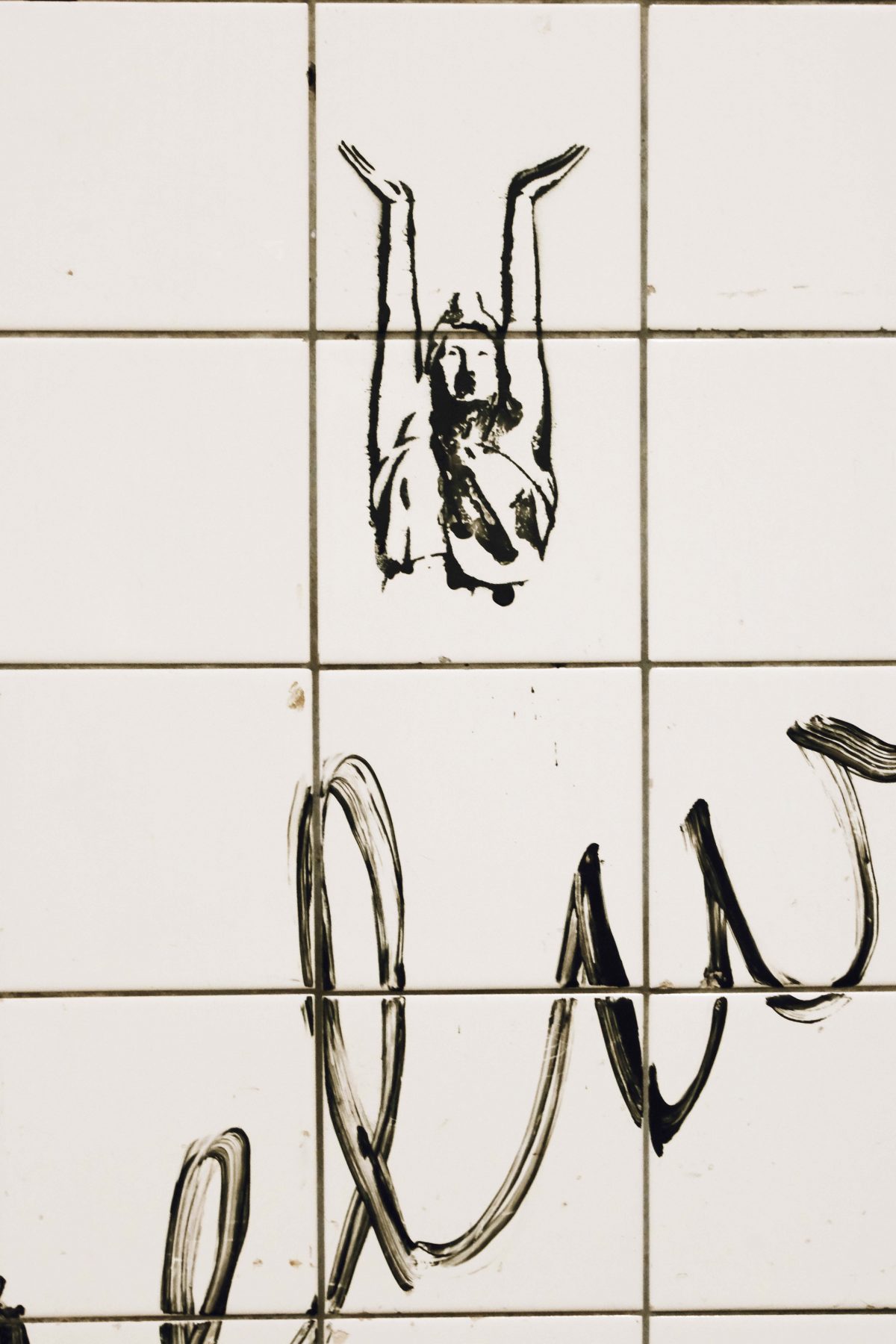This week a central milestone for the Innsbruck Cultural Strategy 2030 has been reached: the completion of the 265-page baseline study. The most important points are also contained in a 15-page summary. Please visit the following page to read or download: kulturstrategie-innsbruck.at/grundlagenarbeit
There are four chapters in the basic work (in German language only):
- The chapter “Cultural City Innsbruck: Situation” provides an overview of Innsbruck’s arts and culture sector. First, there is a presentation of central actors from politics and administration. That includes, among other things, a cultural budget analysis. This is followed by a description of Innsbruck’s art and culture sector along various disciplines and categories. Culturally relevant interface areas were also deliberately taken into account. Thus, for the first time, a comprehensive description of Innsbruck’s art and culture sector with its actors and their activities is available.
- The chapter “Cultural Policy Discourse 2018 onwards” outlines the cultural policy discussions in the current Innsbruck City Council since its constituent meeting on May 24, 2018. For this purpose, all protocols including enclosures were analyzed. In addition, the chapter contains content relevant to cultural policy from meetings of the city senate and selected articles from Tyrolean media. With the help of this chapter, it is possible to quickly gain an insight into central cultural policy decisions that have been made in Innsbruck over the last three years.
- The chapter “Legal, political and issue-specific frameworks” starts with culture-specific laws, ordinances, decrees and guidelines that are relevant for the provincial capital. This is followed by an analysis of political programs and papers from a cultural perspective, including the working agreement of the current Innsbruck city government. This chapter is supplemented by an examination of topic-specific mission statements and strategic programs, with passages relevant to the cultural strategy being identified here. Above all, the goals and measures contained in the mission statements and programs are intertwined with the contents of the cultural strategy as far as possible.
- The chapter “Cultural City Innsbruck: Profile, Strengths and Weaknesses, Potentials, Themes, Goals and Measures” is the core of the baseline study. It contains a condensed description of strengths, weaknesses, potentials and themes as well as suggestions for objectives and measures that are of particular relevance for the cultural strategy. Those are based on qualitative interviews with 33 people from Innsbruck’s arts and culture sector and from interface areas.
The baseline study is also pioneering work for Innsbruck in terms of data collection and the pooling of expertise in this area.
Study author Thomas Philipp from LIquA explains:
„With the baseline study we have created a comprehensive basis for further work on the cultural strategy. With it, it is now possible, for example, to discuss questions on the fair distribution of fundings in the Innsbruck arts and culture sector with regard to the budget analysis. It also helps us to establish appropriate links to other strategies and programs, such as the Creative Industries Strategy for Tyrol, the Innsbruck Tourism Strategy or strategic programs for intercultural development in Innsbruck. And it also contains numerous expert suggestions for objectives and measures on various topics related to the Innsbruck arts and culture sector, such as work and pay, public space or cultural education.“
MMag. Thomas Philipp, head of research institute LIquA
Findings from the baseline study were also used to plan the next step, the discussion and workshop phase which is now starting. Different topics will be addressed in six workshops. The first workshop on Wednesday, April 14, 2021, 5 p.m. (digital) will start with the topic “City & Image: Culture instead of the mountain vs. cultural city of the mountains”.
Registration start: Thursday, March 25, 2021
Registration deadline: as soon as the maximum number of participants is reached, but no later than Wednesday, April 7, 2021.
Please note: Registration via the registration form at kulturstrategie-innsbruck.at is mandatory. The number of participants is limited, registrations will be considered in order of receipt.
A preview of all workshops is available at kulturstrategie-innsbruck.at/participation – in the next article we will provide detailed information about the workshops.
